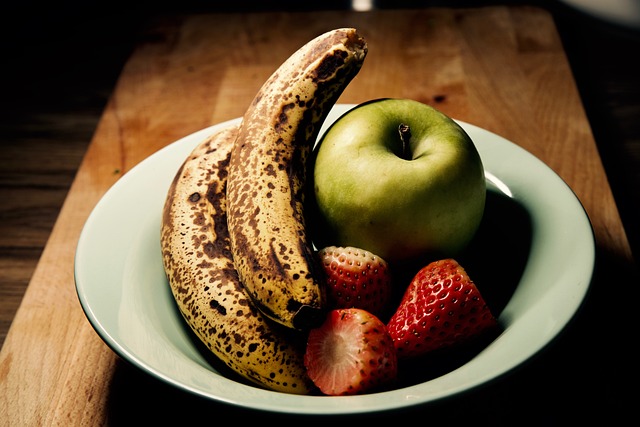
What Fruits and Vegetables Can Dogs Eat?
Feeding your dog a well-balanced diet is crucial for their health and longevity. While commercial dog food provides essential nutrients, many dog owners wonder whether it’s safe to share fruits and vegetables with their furry companions. Here’s a guide to help you understand which fruits and vegetables dogs can safely enjoy as part of their diet.
Fruits Dogs Can Eat
- Apples:
Apples are a healthy snack for dogs. They are a good source of vitamins A and C and provide dietary fiber. Remove the seeds and core before offering slices to your dog. - Bananas:
Bananas are packed with potassium, vitamins, and fiber. They make a nutritious and energy-boosting treat for dogs. Ensure you feed them in moderation due to their calorie content. - Blueberries:
Blueberries are rich in antioxidants and can be a tasty and nutritious addition to your dog’s diet. They can help support your dog’s immune system and overall health. - Strawberries:
Strawberries are high in vitamins and antioxidants. They make a delicious and healthy treat for dogs. Remove the stem before serving. - Watermelon:
Watermelon is a hydrating fruit that dogs often enjoy. It’s low in calories and contains vitamins A, B6, and C. Ensure you remove the seeds and rind before offering small, bite-sized pieces.

Vegetables Dogs Can Eat
- Carrots:
Carrots are an excellent source of vitamins, fiber, and minerals like potassium. They also promote dental health by helping to clean your dog’s teeth. - Green Beans:
Cooked, plain green beans can be a nutritious addition to your dog’s diet. They are low in calories and provide fiber and vitamins. - Sweet Potatoes:
Cooked and unseasoned sweet potatoes are a healthy choice for dogs. They are rich in vitamins A and C, fiber, and beta-carotene. - Broccoli:
Broccoli is a nutritious vegetable for dogs when served in moderation. It contains vitamins, fiber, and antioxidants. Ensure it’s cooked and offered without seasonings or spices. - Pumpkin:
Pumpkin is beneficial for dogs’ digestive health. It’s rich in fiber and can help with issues like diarrhea and constipation. Make sure to offer plain, canned pumpkin, not pumpkin pie filling.
Fruits and Vegetables to Avoid
While many fruits and vegetables are safe for dogs, some should be avoided, as they can be toxic or cause digestive issues. These include grapes, raisins, onions, garlic, avocados, and tomatoes (especially the green parts and unripe tomatoes).
Incorporating small amounts of dog-friendly fruits and vegetables into your pet’s diet can provide added nutrients and variety. However, it’s essential to consult with your veterinarian before introducing any new foods, especially if your dog has dietary restrictions or health concerns. Remember that treats and snacks should only make up a small portion of your dog’s overall diet, with the majority coming from high-quality commercial dog food designed to meet their specific nutritional needs.




